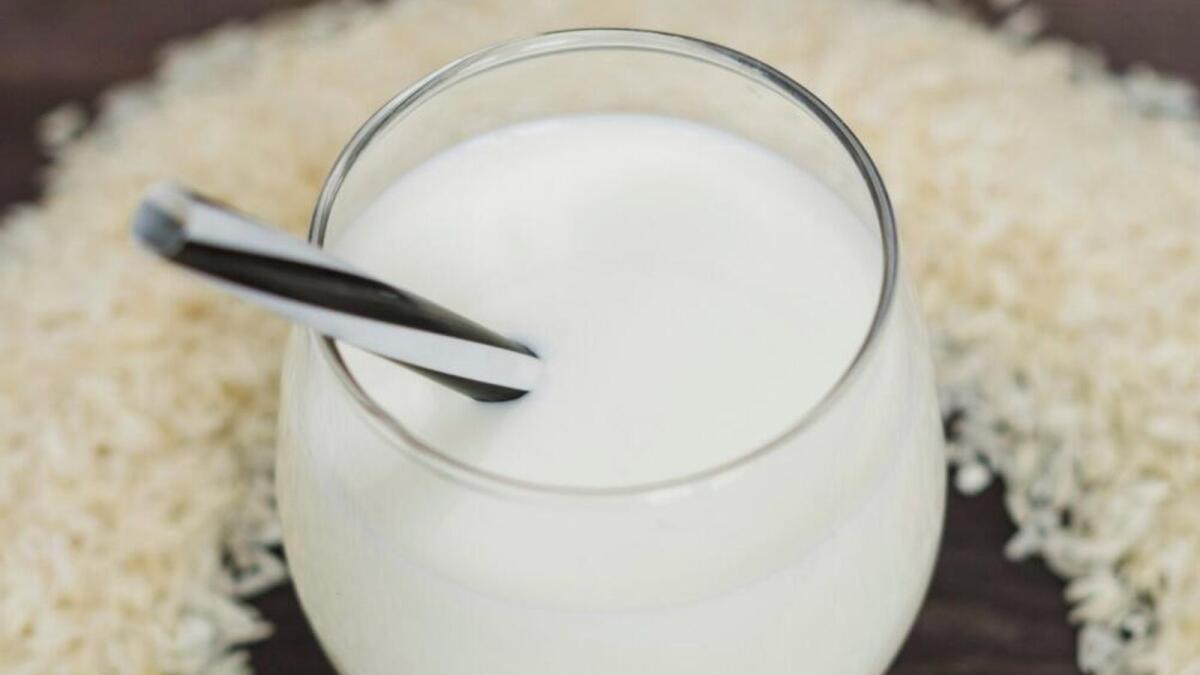Are you looking to lose weight and have come across the rice-zempic trend on social media? Before you jump onto the bandwagon, it is essential to understand the reality behind this trending diet. Influencers on platforms like Tiktok have been promoting the consumption of a drink made by soaking rice in water overnight and then drinking it with lime juice as a weight loss method. They claim that this drink can help in reducing weight almost as effectively as Ozempic, a popular diabetic and anti-obesity medication.
However, experts have debunked this trend by stating that it is based on a misconception and does not offer the same metabolic effects as medications like Ozempic. Dr. Grace Fabrizia Graziani, a Specialist Family Medicine at Aster Royal Clinic, explained that Ozempic works by activating receptors in the brain to enhance satiety, reduce appetite, and food intake. It also provides cardiovascular benefits and improves insulin secretion, mechanisms that rice water cannot replicate. Dr. Laura Holland, a Nutritionist and Integrative Medicine Expert, also concurred that the drink may temporarily suppress appetite but does not mimic the metabolic effects of drugs like Ozempic.
There are potential risks associated with consuming rice-zempic. Dr. Dana Hamwi, a Clinical Dietitian, mentioned that while the drink itself is not dangerous, the lime juice used in it may exacerbate acid reflux for some individuals. Additionally, consuming large amounts of rice water could lead to harmful levels of arsenic intake. The drink has no scientific basis, and any weight loss experienced through it would likely be temporary and reversed once the consumption of the drink is stopped.
Dr. Grace highlighted the issues with trending diets like rice-zempic and cautioned against falling for quick-fix weight loss solutions popularized on social media. She advised individuals to be cautious, as these diets often oversimplify complex metabolic processes and can result in inadequate nutrient intake and potential harm. Instead, she recommended adopting a whole plant-based diet as a tried and tested method for weight loss. This diet focuses on consuming predominantly plant-based foods while minimizing animal products, creating a caloric deficit necessary for weight loss while ensuring essential nutrient intake.
Dr. Laura explored the traditional uses of rice water in alternative medicines like Traditional Chinese Medicine (TCM) and Ayurveda. She noted that in TCM and Ayurveda, rice water is used for digestive health and overall wellbeing, rather than weight loss. These traditional practices do not make claims like the rice-zempic trend and are based on perceived benefits for digestion and recovery from illness. Dr. Dana warned against the potential risks of fad diets like rice-zempic, emphasizing the importance of adopting healthy eating habits and a balanced lifestyle with a low-calorie, high-nutrient diet and regular exercise to maintain overall health and well-being.
In conclusion, while the rice-zempic trend may sound appealing as a quick weight loss solution, it is essential to approach such diets with caution and consider more scientifically proven methods for sustainable weight loss. Adopting a whole plant-based diet, focusing on nutrient-rich plant foods while minimizing animal products, and incorporating exercise into your daily routine are key factors in achieving long-term health and weight management goals. Remember, there are no shortcuts when it comes to achieving a healthy lifestyle, so choose wisely and prioritize your overall well-being above temporary trends.








